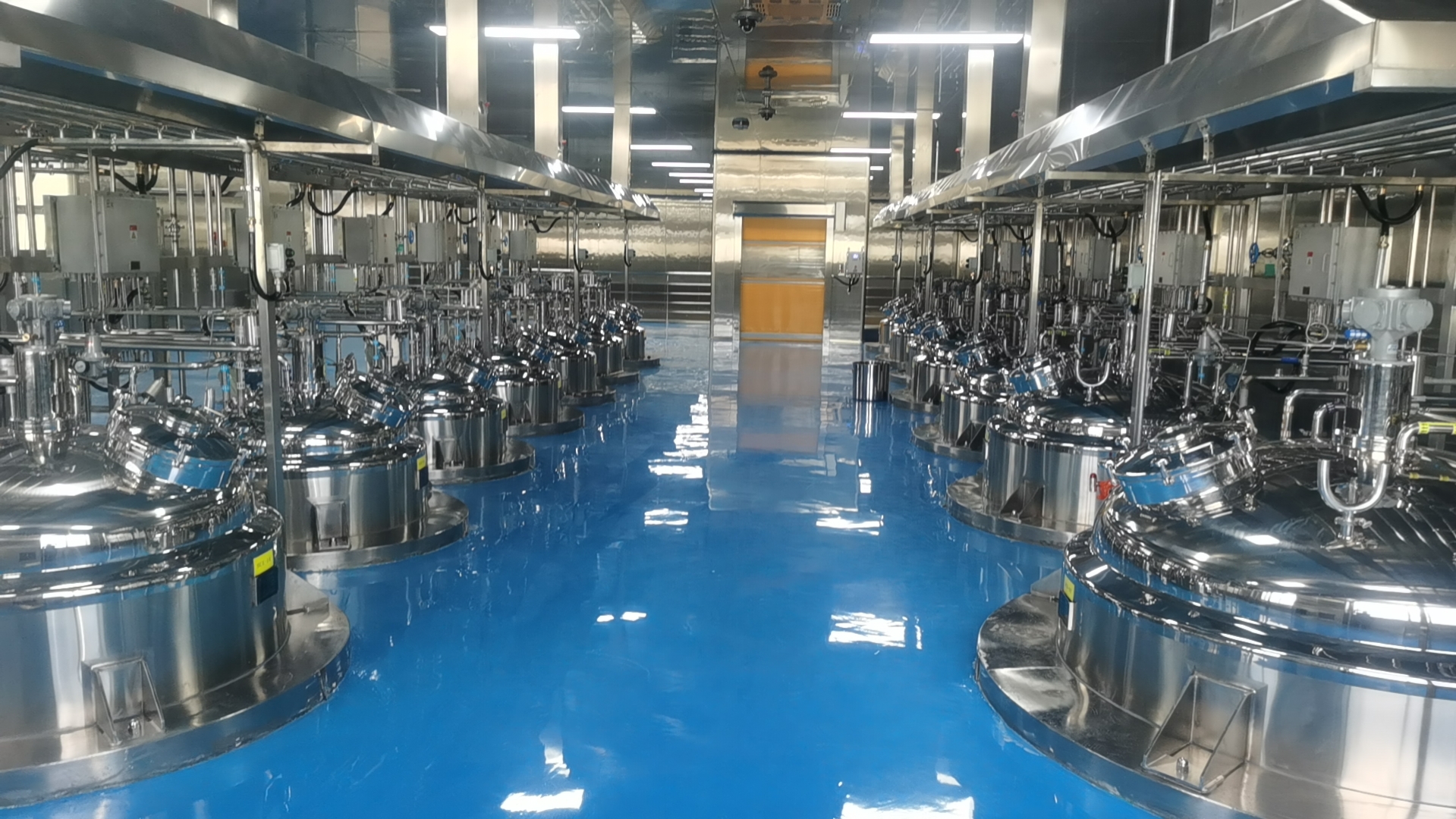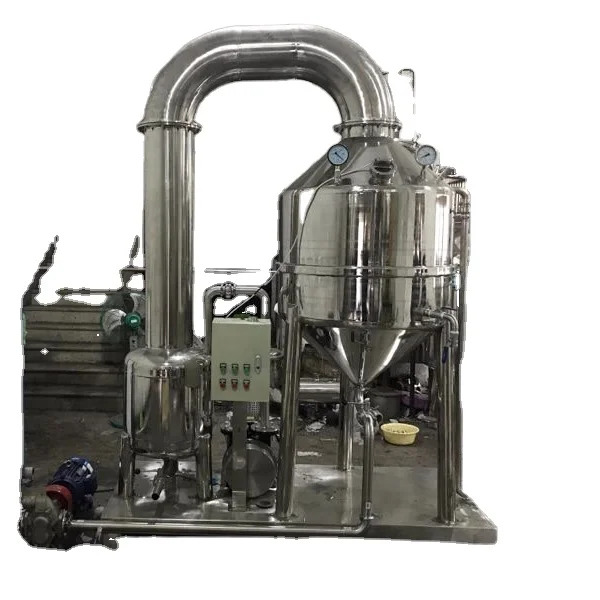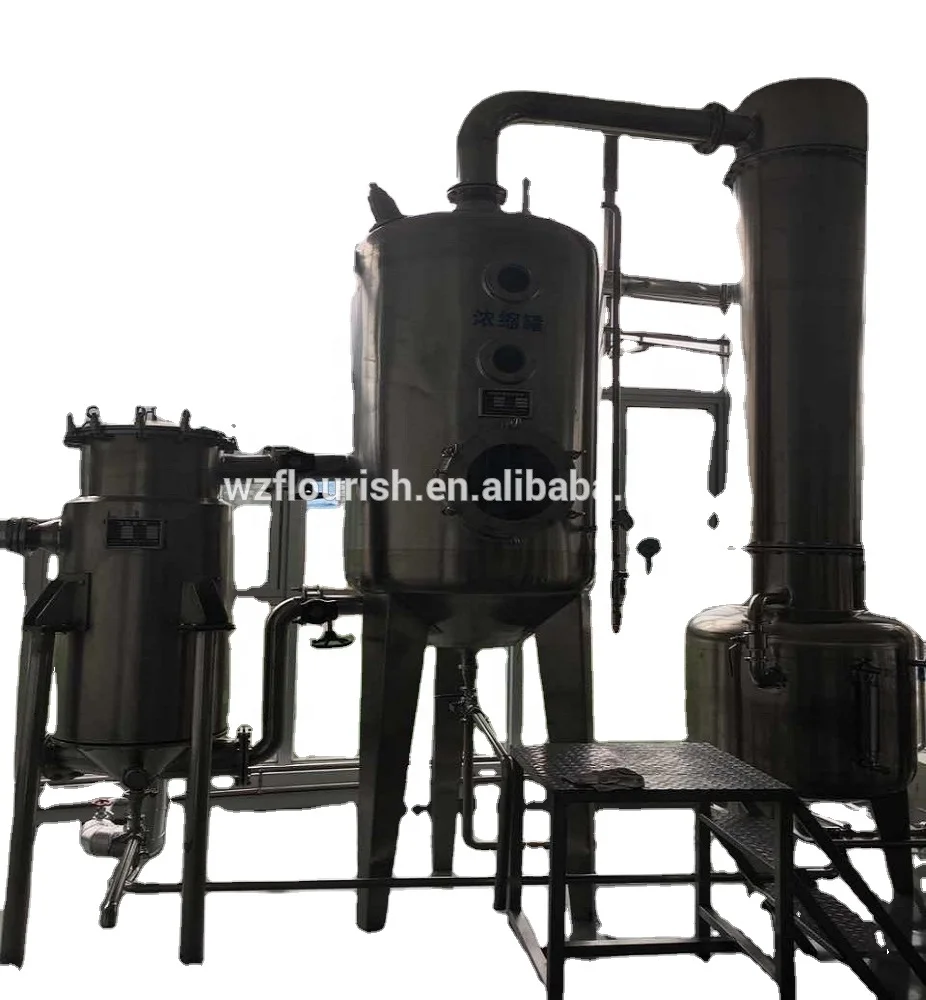
ABOUT
Wenzhou Vince Machinery Science Co., Ltd. was established in early 1980s. Our company covers an area of 6500 square meters and is an independent legal representative firm, possessing rich economic technology strength. Our company is a high tech enterprise and plays an important role in national dairy, foodstuff, pharmacy and machinery industries. We are a beverage machinery supplier.
Since the establishment, our company has mainly engaged in dairy products, foodstuff, beverage machinery, bean products, yellow wine, medicines and fermentation projects. What's more, our company supplies a complete sequence services in manufacturing, installation, test and personnel train, as well as the whole direction service design and consulting service on product project construction or enlargement artistic distribution engineering sets budget.
Choosing the Right Vacuum Evaporator
Capacity and Throughput
First and foremost, the capacity of the evaporator needs to align with your production requirements. Are you dealing with small-scale laboratory experiments or large-scale industrial processes? The volume of solvent to be removed directly dictates the size and type of evaporator needed. A smaller, benchtop unit might suffice for lab work, while a large-scale industrial system will be necessary for high-volume production. Consider future scalability as well, anticipating potential increases in demand.
Throughput, closely related to capacity, focuses on the rate of solvent removal. This is influenced by factors such as the evaporator's design, the vacuum level achievable, and the heating system's efficiency. A higher throughput is generally desirable for increased productivity, but it may come at a higher initial cost.
Material Compatibility
The materials used in the construction of the evaporator are crucial for compatibility with the processed materials. Corrosive solvents require evaporators constructed from resistant materials like stainless steel or glass. The choice depends on the specific chemical properties of the solvents and solutes involved, to avoid corrosion, contamination, and ensure the integrity of the product.
Consider the temperature sensitivity of the material being processed as well. Some materials degrade at elevated temperatures, necessitating evaporators with precise temperature control and potentially lower operating temperatures. Understanding these sensitivities is vital to selecting a suitable material.
Type of Evaporator
Several types of vacuum evaporators exist, each with its own strengths and weaknesses. Rotary evaporators are common in laboratories for their versatility and ease of use. Falling film evaporators offer high throughput for continuous processing. Short-path evaporators are excellent for heat-sensitive materials. The ideal choice depends on the specific application, scale of operation, and the properties of the substance being processed.
Understanding the capabilities and limitations of each type is key to making an informed decision. Factors such as viscosity of the material, desired level of vacuum, and heat sensitivity will all impact the most appropriate type of evaporator.
SUBSCRIBE
INQUIRY





